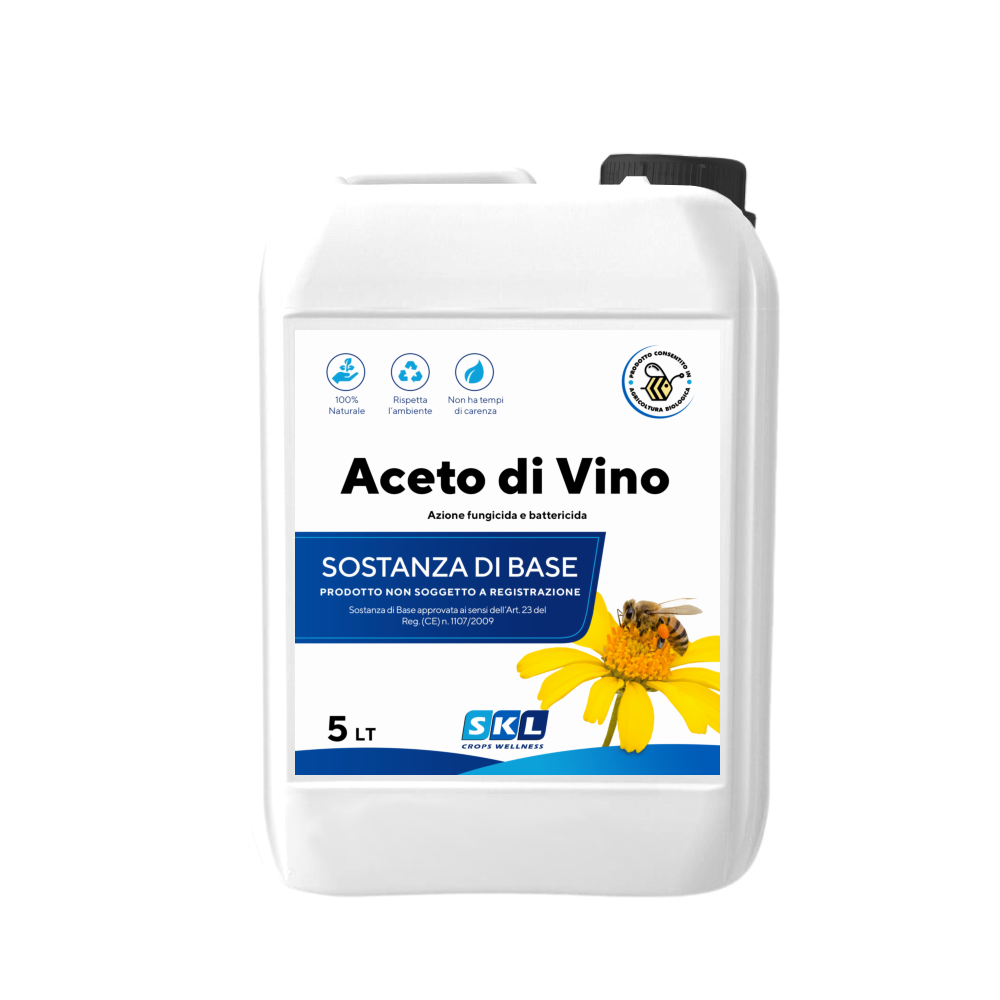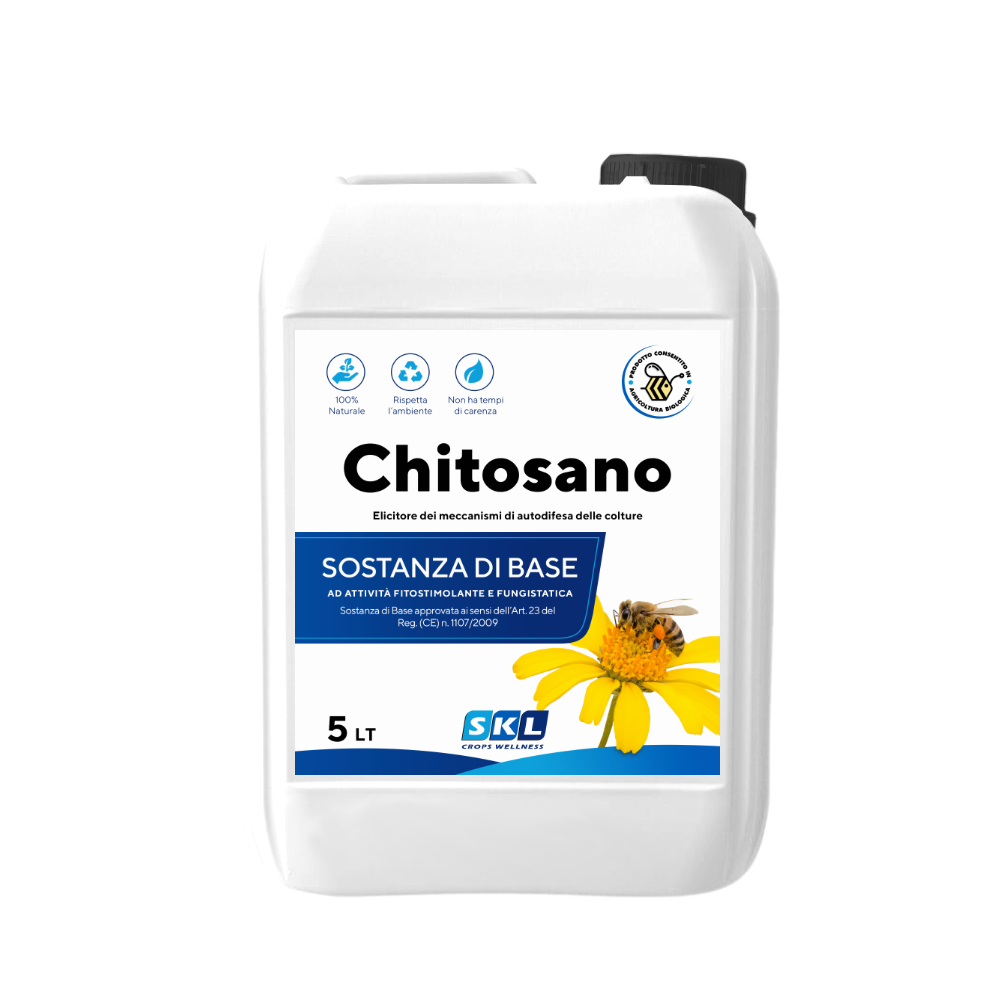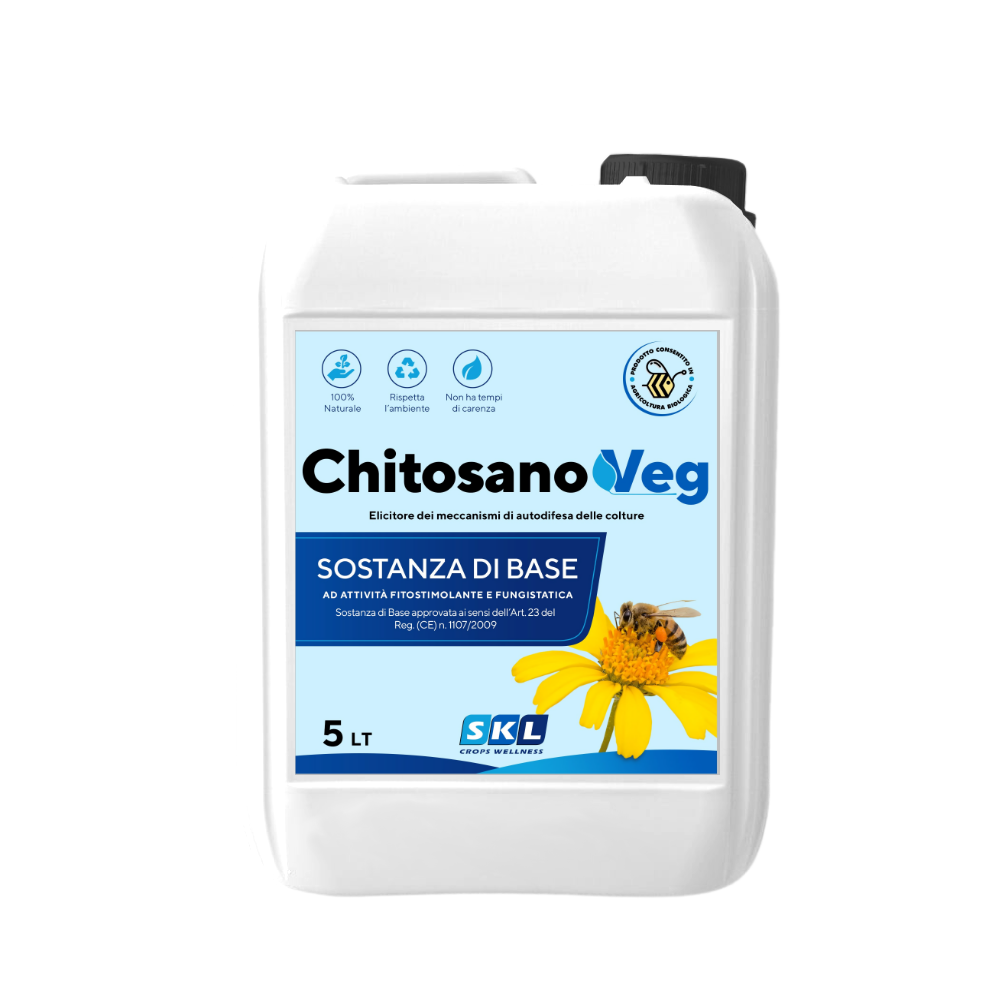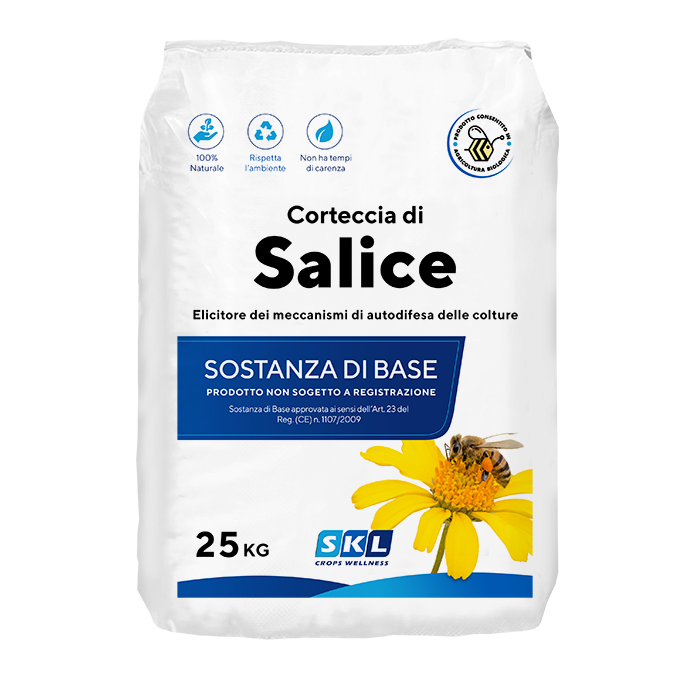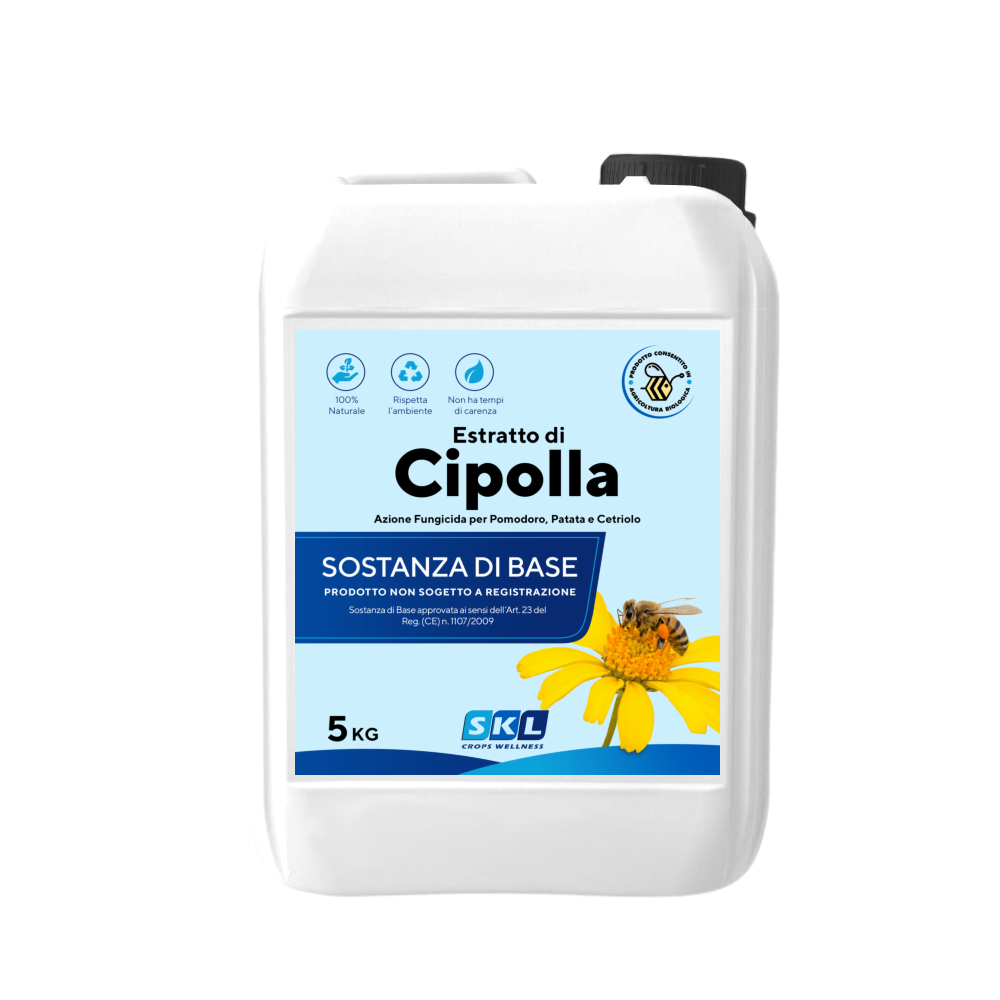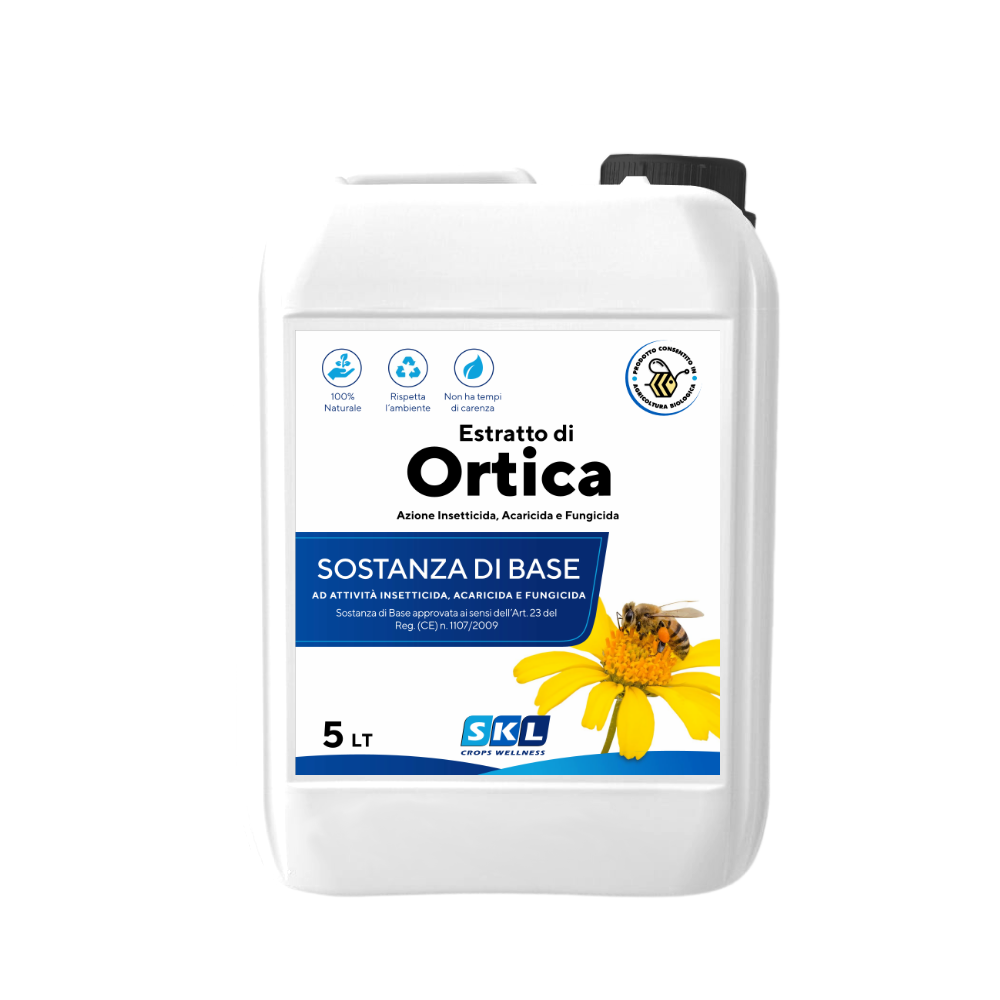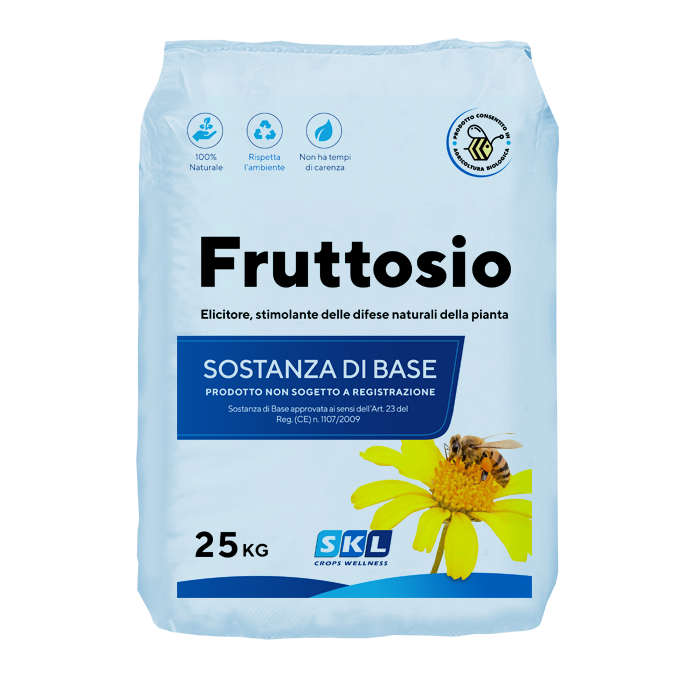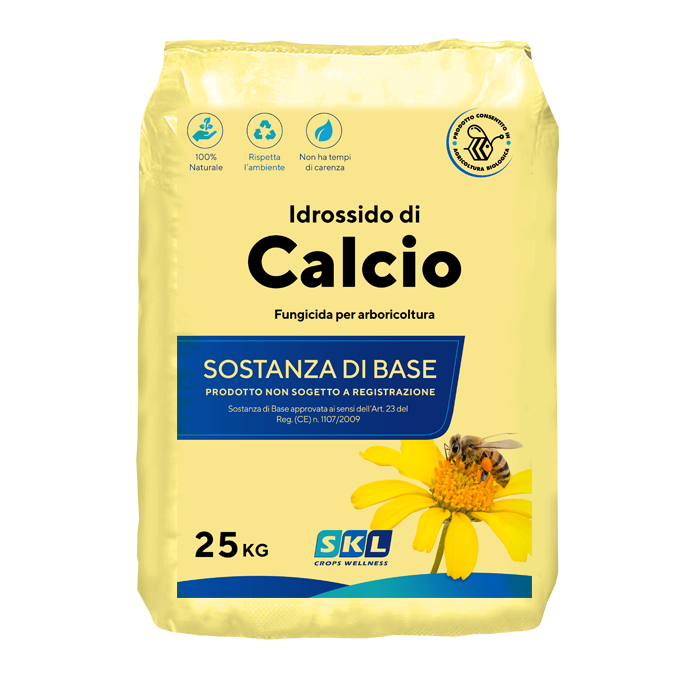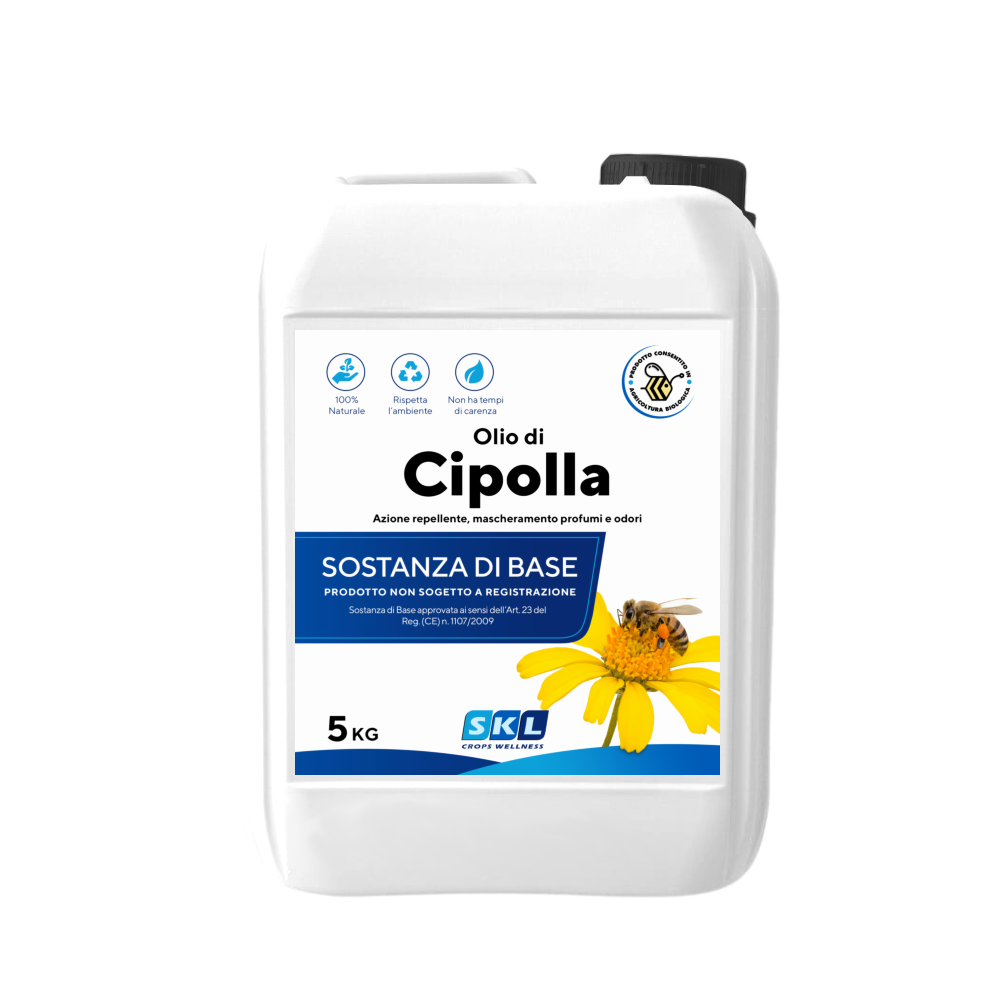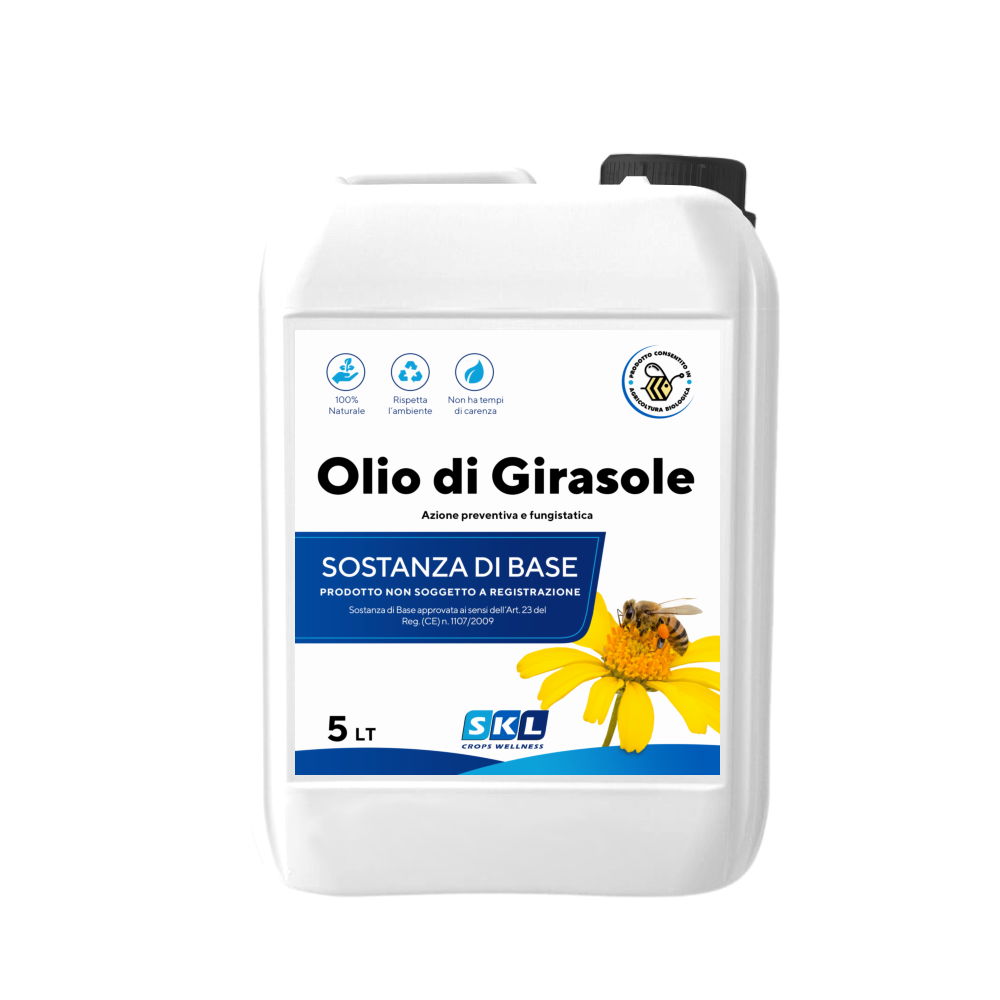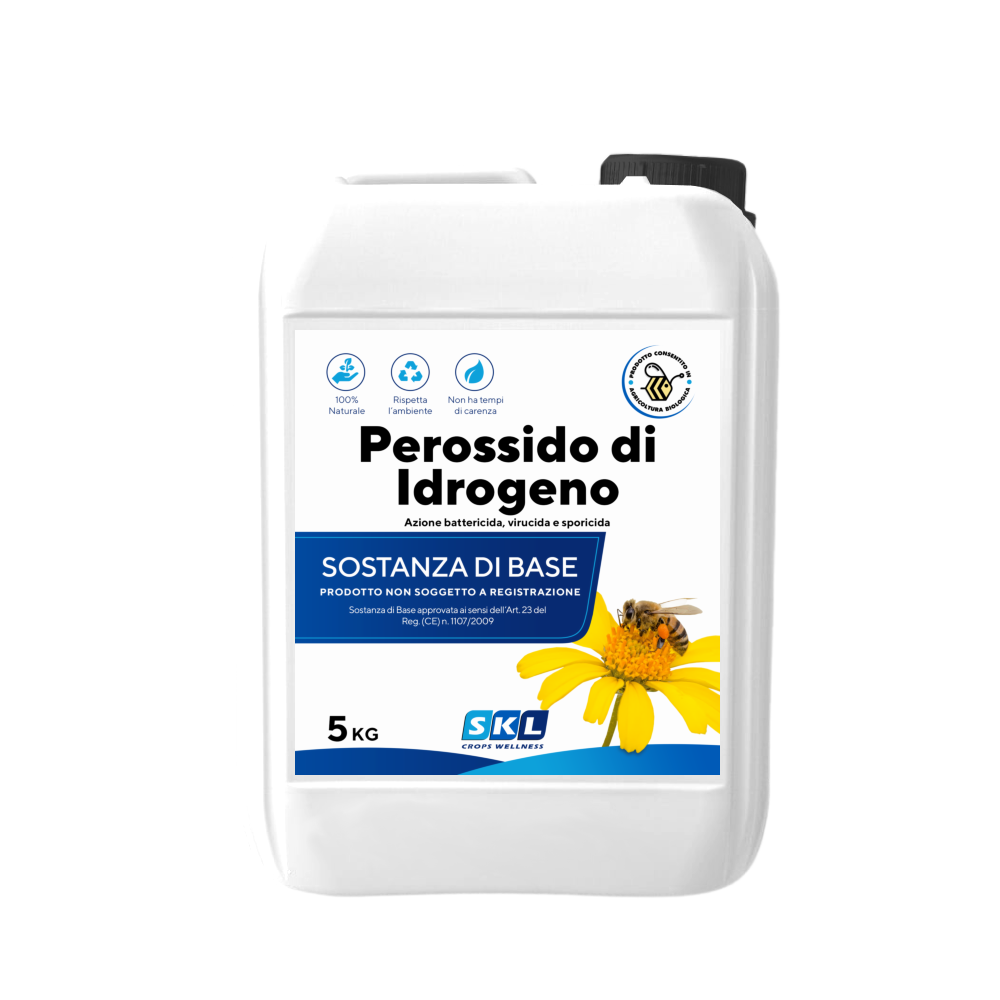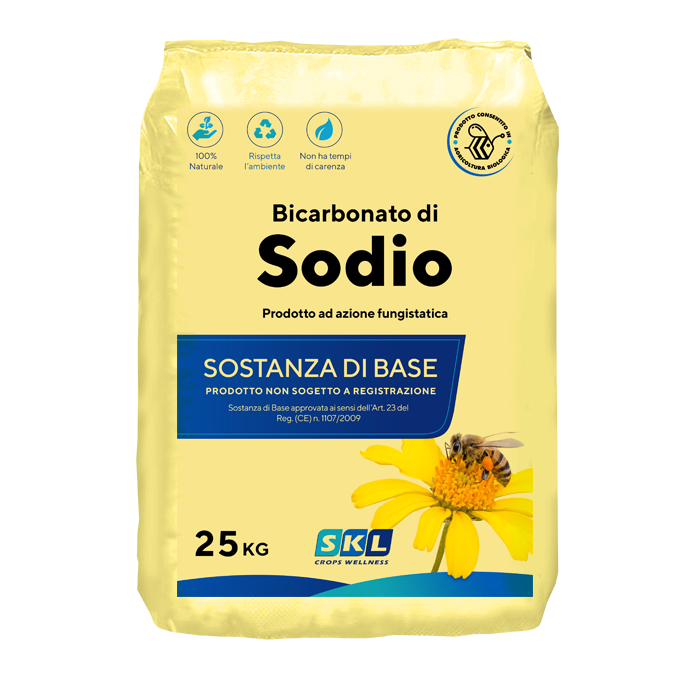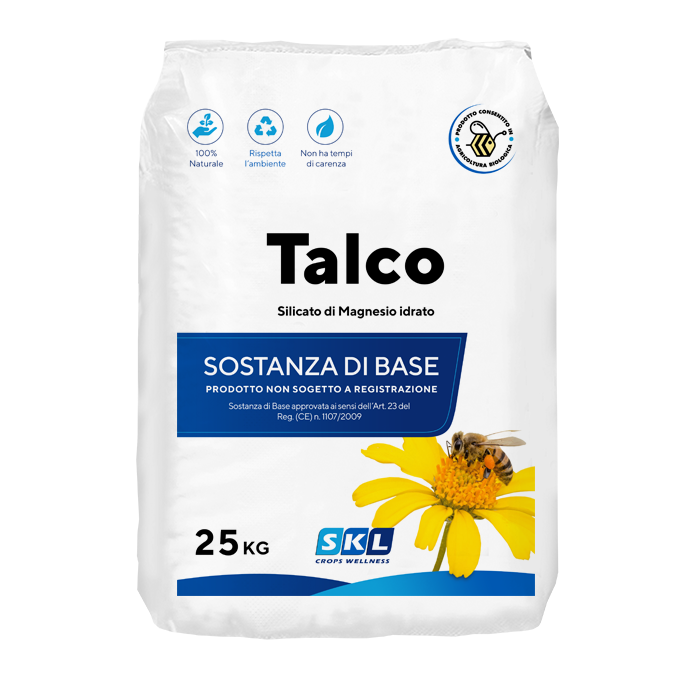Description
L'Equisetum arvense, also known as "Horsetail", is a shrub plant belonging to the Equisetaceae family, widely spread in Europe. It naturally grows in temperate zones of the Northern hemisphere and in wet areas near water currents.
It has long been known in Organic Agriculture and Biodynamic Agriculture for its preventive effects on fungal diseases.
The sterile stems have the greatest medicinal and agricultural interest, thanks to their high content of Silicon, which strengthens the tissues of plant cells.
Its use is authorized in horticulture, fruit trees, red fruits (berries), vines, and its effectiveness has been demonstrated in the control and prevention of molds, alternariosis, and rust.
Its effectiveness is based on its stimulating action on plant defense mechanisms, thanks to its content of Silicon bound to proteins and salts rich in Potassium and Magnesium, together with saponins, flavonoids, and tannins (equisetonins).
The application of Silicon alleviates the negative effects of numerous abiotic stresses, salinity, heat, cold, UV-B radiation, heavy metals, and mechanical stress. Its use allows for disease prevention, strengthening of plant cell walls, limiting the use of chemical products, thus reducing the level of residues in crops and harvests.
Its use as a Basic Substance has been approved as a stimulator of natural plant defense mechanisms since 2014, in accordance with Article 23 of Regulation (EC) No. 1107/2009.
Dosage
|
Spray Application
|
||
| Crop | Disease | Dosage |
|
Apple, Peach
|
Apple Scab Powdery Mildew(Venturia inaequalis) (Podosphaera leucotricha) Peach Leaf Curl (Taphrina deformans) |
2 - 12 kg/ha
2 to 7 treatments from BBCH 53 to BBCH 67 |
|
Grapevine
|
Downy Mildew
(Plasmopara viticola) Powdery Mildew (Erysiphe necator) |
0.4 - 3.6 kg/ha
2 to 6 treatments from BBCH 10 to BBCH 57 |
|
Cucumber
|
Powdery Mildew Root Rot(Podosphaera xhantii) Seedling Damping-off (Pythium spp.) |
12 kg/ha
2 treatments from BBCH 19 to BBCH 49 |
|
Tomato
|
Early Blight
(Alternaria solani) Septoria Leaf Spot (Septoria lycopersici) |
12 kg/ha
2 treatments from BBCH 51 to BBCH 59 |
|
Strawberry, Raspberry
|
Gray Mold (Botrytis cinerea)Powdery Mildew (Podosphaera aphanis) Red Stele (Phytophthora fragariae) Anthracnose (Colletotrichum acutatum) |
2.7 - 5.4 kg/ha
4 to 8 treatments from BBCH 1 to BBCH 89 |
|
Potato
|
Late Blight
(Phytophthora infestans) Early Blight (Alternaria solani) Powdery Mildew (Erysiphe cichoracearum) |
2.7 - 5.4 kg/ha
4 to 8 treatments from BBCH 1 to BBCH 9 |
|
Added to Mulch
|
||
|
Crop
|
Disease
|
Dosage
|
|
Cucumber
|
Powdery Mildew Root Rot(Podosphaera xhantii) (Root rot) Seedling Damping-off (Pythium spp.) |
9 kg
per 100 Kg of mulch |
|
Tomato
|
Early Blight
(Alternaria solani) Septoria Leaf Spot (Septoria lycopersici) |
9 kg
per 100 Kg of mulch |
| Ornamentals (Prunus spp.) Rose (Rosa spp.) |
Contact us | |


